A lesbian former nun, a stammering teen heart throb and a Portuguese transsexual have all had their shot at reality TV stardom -- and tonight people with disabilities were finally given their shot at 15 minutes of television celebrity.
In
Beyond Boundaries a team of 11 people with varying physical disabilities face the challenge of crossing Nicaragua from the Atlantic coast to the Pacific Ocean.
The team features not one, not two, but three leg amputees as well as two upper limb amps.
It also includes screaming drama queen
Charlie who must tick more diversity boxes than any other person in the history of television by being black
and deaf
and gay. How's that for minority representation?
Naturally, I'm rooting for below knee amputee
Glenn, whose stump is the colour of a post box despite the liberal use of that kitbag essential for active amps everywhere -- the compeed blister plaster.
Beyond Boundaries is already
provoking debate over its representation of disabled people, with some critics objecting to the "inspirational cripples heroically overcoming their physical limitations" stereotypes.
But perhaps the critics should relax.
The reality TV genre reduces every other section of society down to crude two-dimensional stereotypes for the purpose of mass public entertainment -- so why should people with disabilities be any different?
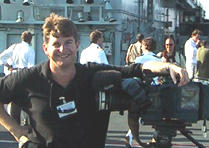 The Irish government has just launched the Simon Cumbers Media Challenge Fund.
The Irish government has just launched the Simon Cumbers Media Challenge Fund.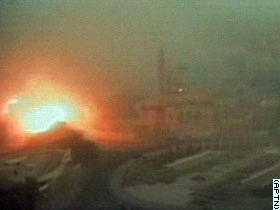
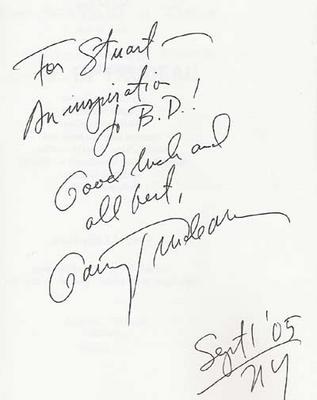
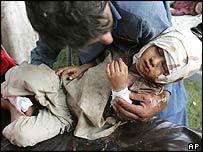 When a disaster takes place somewhere in the world, the aid industry shifts into high gear.
When a disaster takes place somewhere in the world, the aid industry shifts into high gear.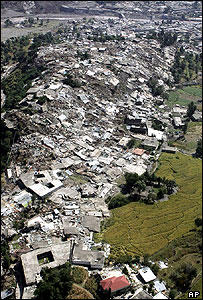 A thorny editorial issue is currently being debated in the newsroom.
A thorny editorial issue is currently being debated in the newsroom.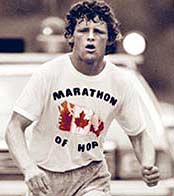 A quarter of a century ago, cancer sufferer and amputee Terry Fox ran 3339 miles across Canada.
A quarter of a century ago, cancer sufferer and amputee Terry Fox ran 3339 miles across Canada.